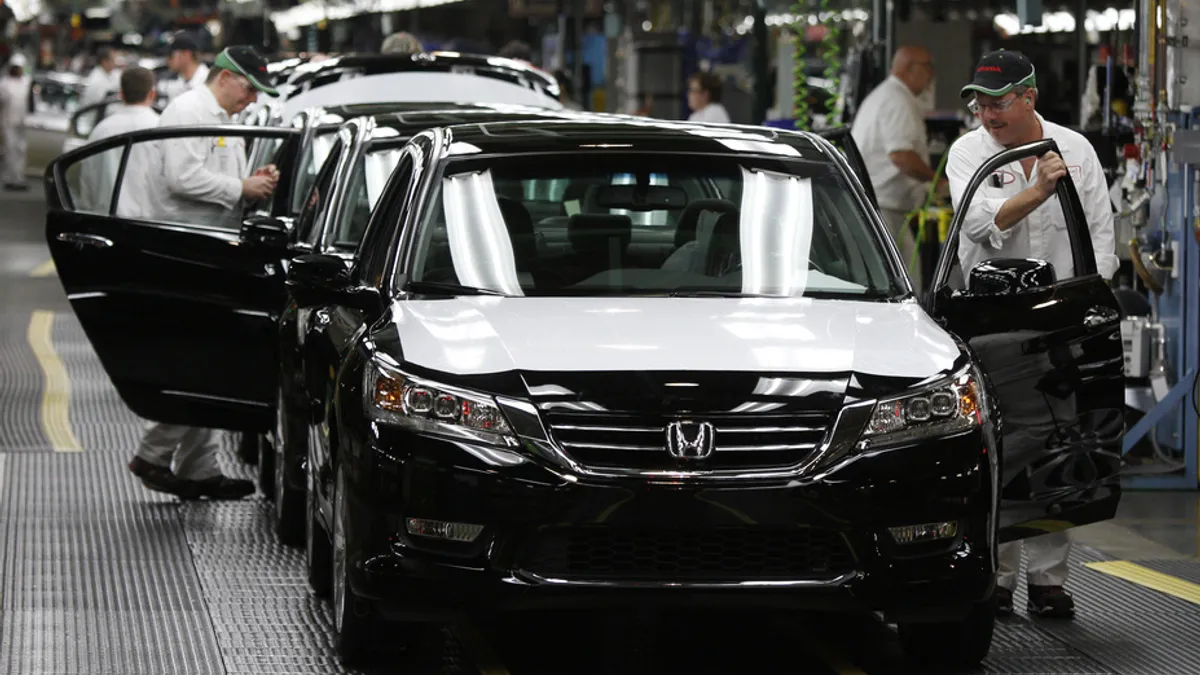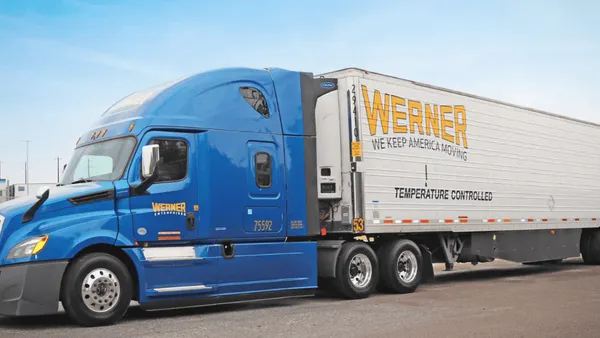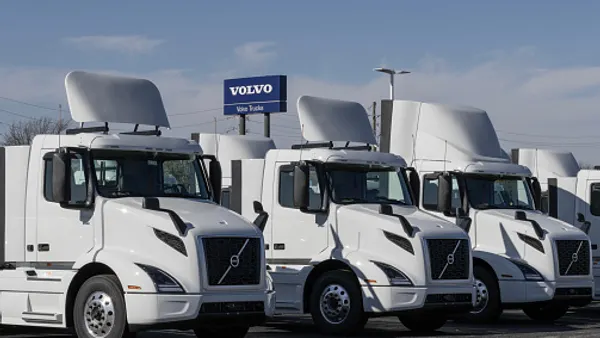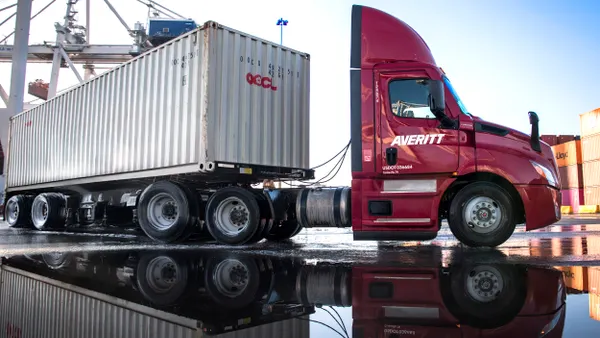Dive Brief:
- Honda allocated semiconductors to its most in-demand and highly profitable vehicles as flooding in Malaysia compounded chip supply challenges last quarter, said Kohei Takeuchi, director and senior managing executive officer, during a Q3 earnings call.
- To bolster its semiconductor supply, the automaker is developing alternative parts, reviewing semiconductor suppliers and dual sourcing, said Seiji Kuraishi, director, executive vice president and representative executive officer, on the call.
- The spread of the omicron variant also limited vehicle production, Kuraishi told investors. The variant had an outsize impact in North America, leading to a lack of labor availability and difficulties carrying out production in the region, executives said.
Dive Insight:
Honda is adapting its supply chain to make the most of its limited chip supply.
As its North American lines struggled with omicron-related staffing issues, Honda shifted semiconductor volumes to other areas, such as Japan. The automaker prioritizes not only the products — but also the regions — where demand and profitability is highest for chips, Takeuchi told investors.
"We are, on a daily basis, monitoring the chips," Takeuchi said. "We, globally, across the world, try to adjust the production based on the available semiconductors."
While exploring alternative design solutions and dual sourcing, Honda is also negotiating with its suppliers to get whatever semiconductors it can.
"Depending on the circumstances of the parts suppliers and the semiconductor parts suppliers, of course, if they have some supplies and parts in inventory, we might ask them to forward those to us," Kuraishi said. "But basically … all we can do is ask for the optimum allocation with the suppliers for their supplies, in line with where we need the supplies for parts."
The semiconductor shortage contributed to slower Honda production over the past year, causing the automaker to reduce its FY2022 forecast by 800,000 vehicles from its initial goal of 5 million, Kuraishi said.
"As of now, we believe that even into the next fiscal year there will be impacts lingering," Kuraishi said.
The COVID-19 omicron variant hit Honda's manufacturing lines, particularly in North America, Takeuchi said.
"In the fourth quarter, mainly in North America and also due to the … the omicron virus, production is not progressing," Takeuchi said.
Omicron is not the only recent drag on North American vehicle manufacturing.
Trucker protests closed Toyota's Ontario plants Thursday, and they had not resumed operations as of Monday, even after a key bridge between the U.S. and Canada reopened, Reuters reported. The protests, which prompted Canadian Prime Minister Justin Trudeau to invoke the country's Emergencies Act on Monday, also affected production lines of Ford and Chrysler maker Stellantis.














